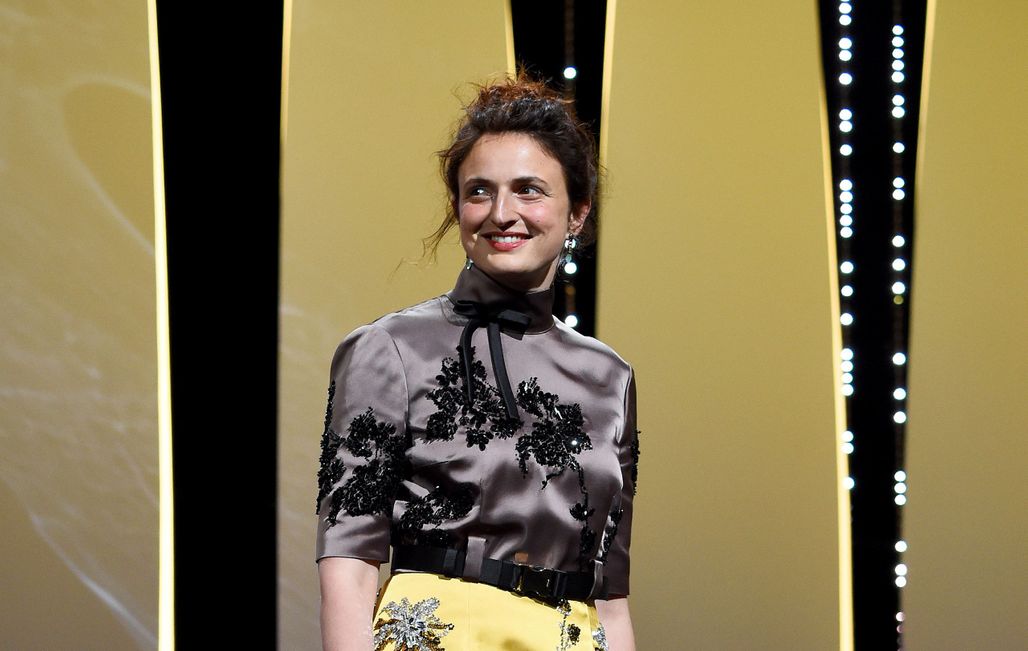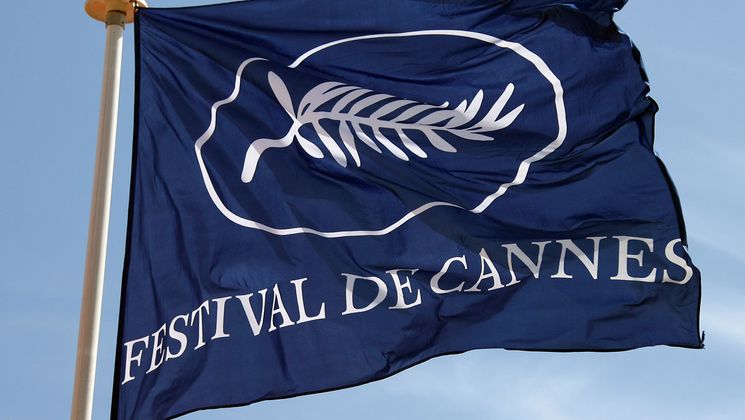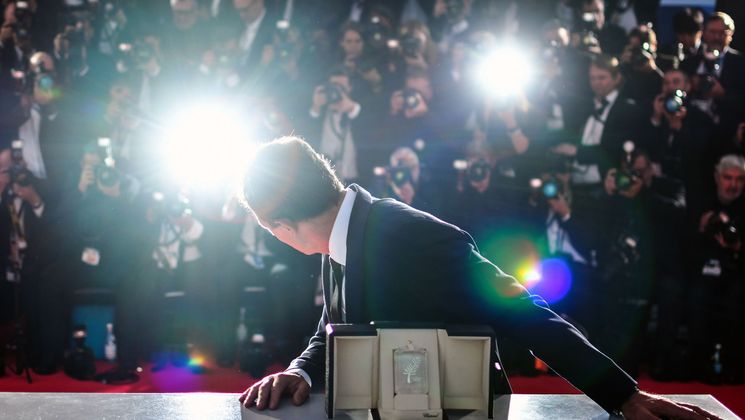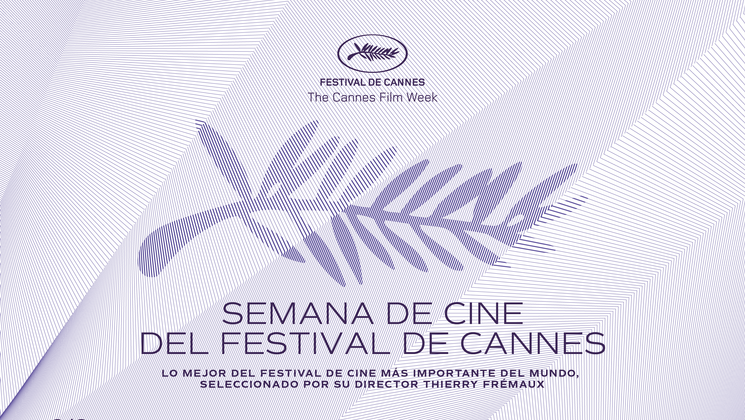
Interview with Alice Rohrwacher, member of the Feature Films Jury

First revealed in 2011 with the delicate Corpo Celeste (Heavenly Body), her first film, the Italian director Alice Rohrwacher then made her mark with Le meraviglie (The Wonders) (Grand Prix in 2014) and Lazzaro Felice (Happy as Lazzarro) (Best Screenplay in 2018), as one of the filmmakers to watch in the new generation. She looks back at her beginnings and her relationship with the cinema.
How did cinema arrive at your doorstep?
It all happened in an unexpected way because I didn't grow up in direct contact with film. But I saw it as a pleasant surprise! At the same time I think my education gave me everything I needed to make the films I make. My parents were very open to images and to art in general – painting, photography and music. And I was also bored a lot as a child. To my mind, that's a key aspect.
When did you realise this is what you had to do?
It was while studying in Turin. That's when I really began to feed off the cinema, I saw loads of films, but never dreamed I would become a director. I then benefited from a happy coincidence: I had a friend who was doing a documentary project and asked me to help him. I immediately found it was a fantastic job. During the making of the film, I realised that I wanted more to give people the chance to be someone else. To tell stories.
And yet you still keep searching for reality through your fictional works…
I love the confrontational aspect of documentary but my shyness meant I couldn't film people without asking their permission. I find it easy to take in situations with my eyes and analyse them in my mind, but not with a camera. I need too much to prepare things. For me, documentary is very important because it helps me learn to take a stance on things.
“Mistakes are like holes that let the light in.”
What was the catalyst for Corpo Celeste (Heavenly Body), your first work of fiction ?
It was meeting my producer, Carlo Cresto Dina. He'd seen the documentary I'd made and suggested I write a feature film. Because I'd been an assistant in a theatre in Turin, I had a global vision of directing. But not that of a film director. I'd never seen a real film shoot in my life.
You made mistakes?
With the other jury members, we often talk about our mistakes. For me they're more valuable than perfection. They are like holes that let the light in. For example, the screenplay of Corpo Celeste (Heavenly Body) was riddled with errors, but it came from my innermost depths.
Is that sort of purity still there, three years later?
I think you begin to lose it the day you rest on your laurels. I'm still far from being in that situation. There are still so many things I'd like to learn!
What part do you reserve for improvisation in your films?
I like it when a screenplay puts me in uncomfortable situations. As a result, I never write a film I'm certain I can make. But the directing itself is always highly scripted and under control.
Do you apply the same philosophy to your actors?
Absolutely. I love creating very free and happy situations with the actors and the locations of each of my shoots. But because I always bring together professionals and amateurs, I make sure we fit in a lot of rehearsals, a bit like in the theatre. I work on that with a friend who's a coach.
What do you like about directing?
The diversity of the process. I always love that journey that goes from desert to forest. Every stage of the filmmaking has a value once they are all put together. I think that every stage is important.
What's the philosophy behind your use of the Super 16?
I find it so beautiful. It's like a game of seduction between me and it… we set out to flirt with each other, to tame one another. But neither it nor I ever have absolute control of this relationship. I like working within limits and that's what Super 16 gives me.
You're against digital?
No, but Super 16 is a technology that works really well, so why not use it? I don't think the reasons which led to the disappearance of this technology five or six years ago were good for cinema as a whole. If we abandon one technology wholesale for another, there must be artistic reasons for the decision, not just economic ones.


